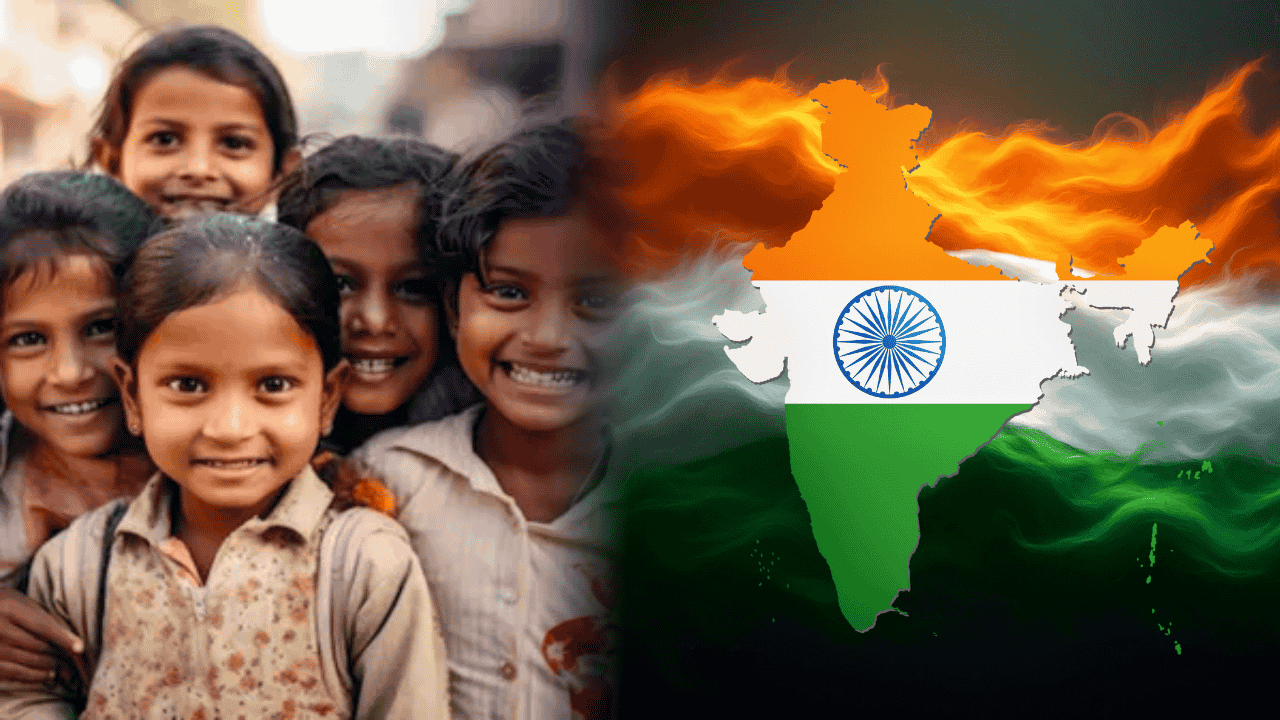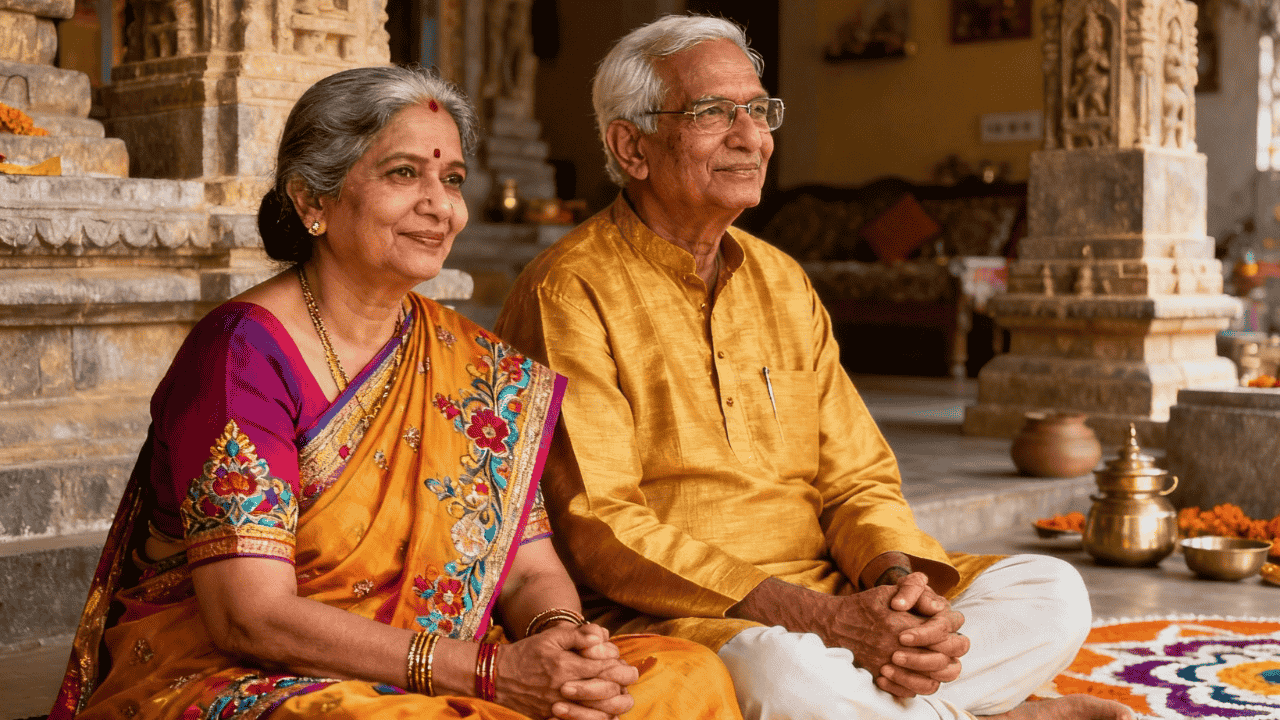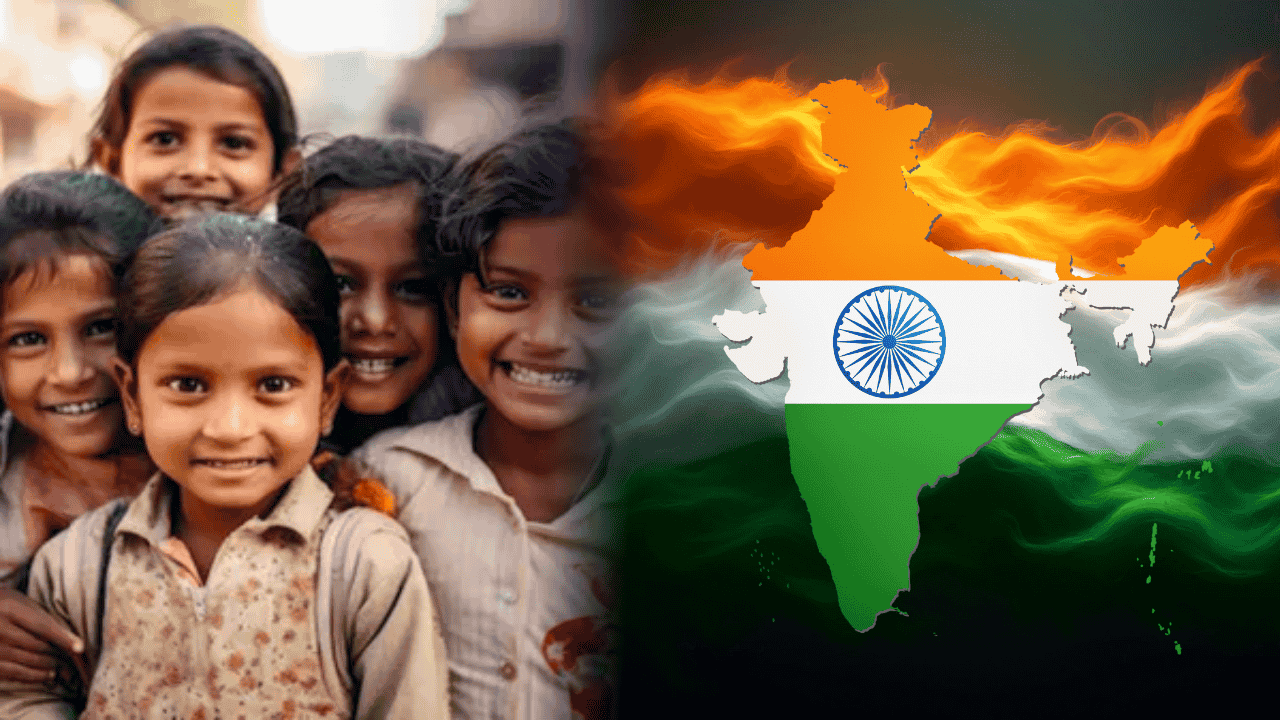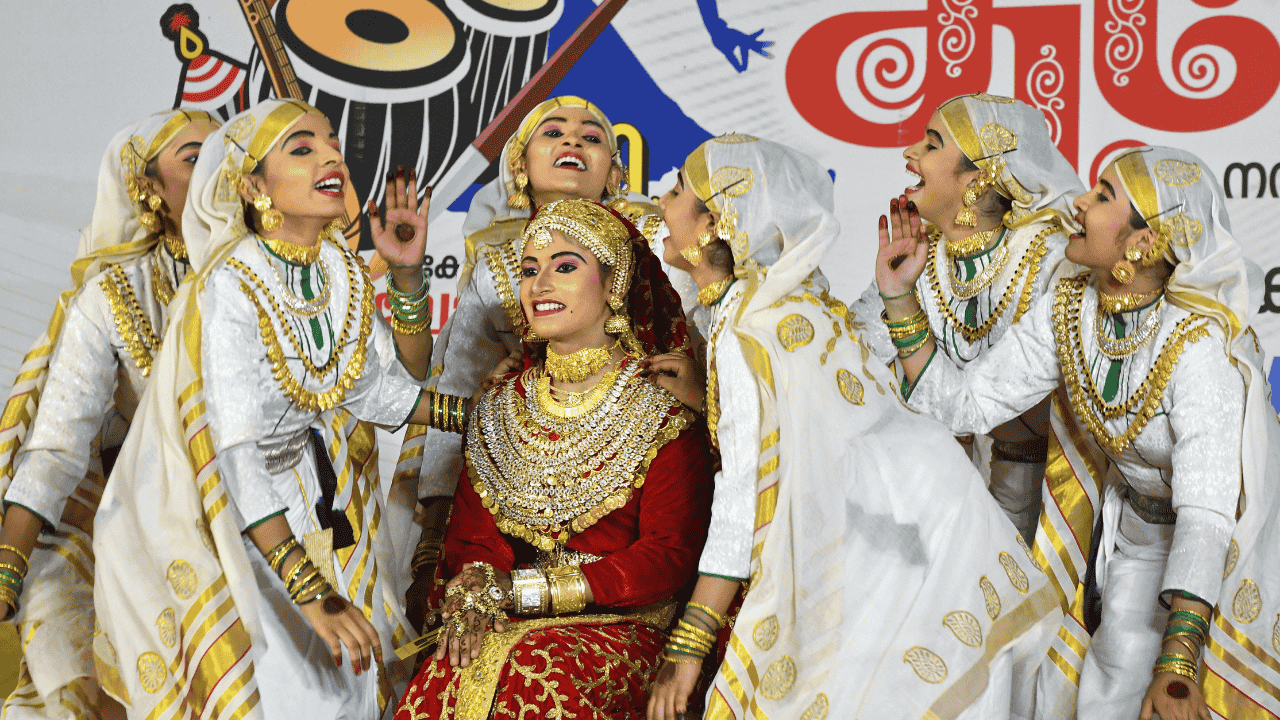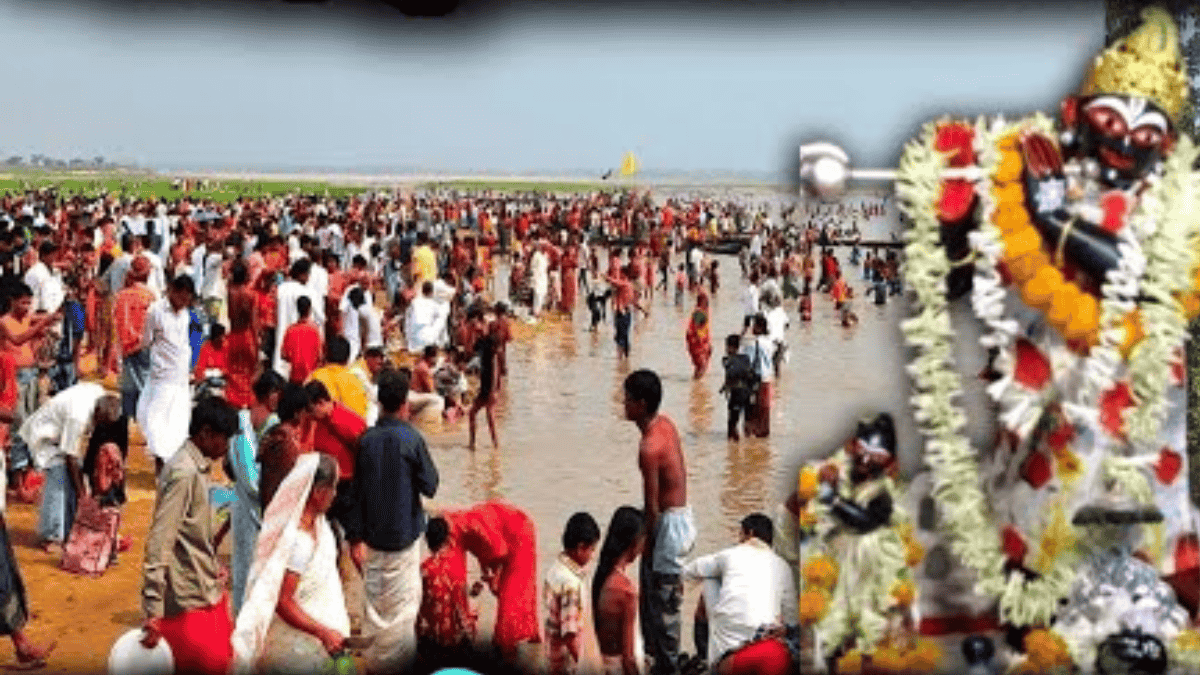Discover the history, styles, and cultural heritage behind Kerala’s traditional wedding dance ‘Oppana.’ This article is highly useful for competitive exam blog readers.
Oppana – A Special Wedding Dance of Kerala
Oppana is an incredible dance form popular among the Muslim community (Mappila) in Kerala’s Malabar region. This dance is primarily performed at weddings, where around fifteen women—including singers and instrumentalists—form a circle around the bride. The bride is adorned with beautiful traditional jewelry, and her hands and feet are decorated with mailanji (henna). Then, amidst rhythmic claps and songs, the celebration unfolds.
This dance is not just a source of entertainment but also a symbol of Kerala’s cultural heritage and religious harmony. If you are looking for UPSC preparation tips, SSC strategy, or banking exam insights, studying such traditional dances of Indian art and culture can greatly assist you in various competitive exams.
History of Oppana and Origin of Its Name
The word ‘Oppana’ has its roots in the Arabic word ‘Afna,’ which means “one’s own.” It is believed that this art form existed even before the 5th century and became a medium for social entertainment and community bonding within the Malabar region’s Muslim community. Even today, this dance is an essential way of showcasing Kerala’s cultural heritage.
Religious and Cultural Significance
Community Harmony: This is a unique way for the Mappila community to celebrate, emphasizing religious harmony and community solidarity.
Ancient Tradition: Being an ancient art form, Oppana reflects the historical richness of the region.
Wedding Festivity: With the bride seated in the center, women dancing and clapping around her, Oppana enhances the beauty of wedding celebrations.
Two Main Styles of Oppana
Oppana is broadly divided into two styles, identified by their distinct rhythm and performance approach:
Oppana Chayal
Performers sing during this style, but they do not clap.
The performance is marked by grace and elegance.
Oppana Murukkam
In this style, performers clap along with the song, creating a more enthusiastic environment.
It is known for its lively and spirited presentation.
Musical Instruments and Performance
Traditional Indian musical instruments are used during Oppana performances, such as:
Harmonium – Provides the main melody
Manjira-Tabla – For rhythm and beat
Ilathalam – Adds additional rhythmic layers
The melodious sound of these instruments makes this dance mesmerizing. Women form a circular formation around the bride, synchronizing their movements to the music with or without clapping (depending on the style).
Why Is It Important in Competitive Exams?
Understanding Indian art and culture is highly important for UPSC preparation tips, SSC strategy, and banking exam insights. Dance forms like Oppana often feature in competitive exam blog discussions because:
Questions on Indian Culture: UPSC, SSC, and banking exams frequently include questions on regional dances, folk traditions, and cultural heritage.
Respect for Cultural Diversity: Learning about such topics not only helps you score better but also fosters respect for India’s cultural diversity.
Study from Various Sources: Studying a mix of traditional South Indian dances like Oppana, North Indian classical dances, and Northeastern tribal traditions broadens your General Knowledge (GK).
You can read more about other Indian folk dances and significant cultural events on the Atharva Examwise blog to further strengthen your exam preparation.
Key Takeaways / Why This Matters for Aspirants
Preparation for Culture-Related Questions: Traditional dances like Oppana can be highly useful for Indian culture-related questions in UPSC and other competitive exams.
Importance of Ancient Heritage: Tracing the origins of this art form, which is older than the 5th century, helps understand India’s deep cultural roots.
Difference Between Styles: Knowing the distinctions between Oppana Chayal and Oppana Murukkam can give your answers a factual edge.
Enhanced Confidence and Comprehensive Knowledge: Being well-versed in various cultural subjects gives you an advantage over other competitors.
In this way, while Oppana is a unique tradition of Kerala, it also holds a significant place in the competitive exam blog realm. Make sure to include such cultural topics in your exam strategy, and keep visiting the Atharva Examwise blog for more insights. This small additional step can quickly move you closer to success in your preparation.

